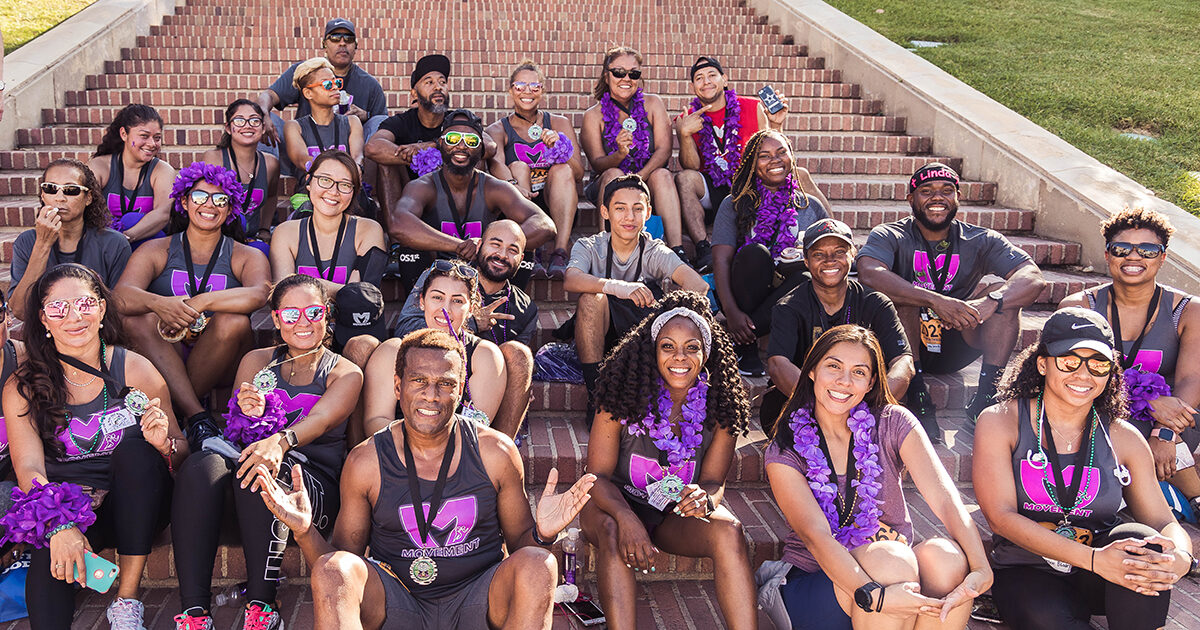April is National Minority Health Month – an incredibly important time to discuss the facts and raise awareness for the highest risk communities facing pancreatic cancer. Studies have pointed to increased risk of pancreatic cancer in Latinos, perhaps due to higher rates of obesity and diabetes, and among Ashkenazi Jews, possibly due to mutations of the BRCA genes. However, pancreatic cancer disproportionately affects and has the poorest prognosis for Black Americans. Join us throughout April as we share survivor stories, discuss why these communities are at-risk, how to fight the statistics and what educational resources on pancreatic cancer are available. National Minority Health Month is a call-to-action for all of us to help raise awareness throughout April!
Pancreatic cancer does not discriminate. In fact, Black Americans have an approximate 20% higher incidence rate of pancreatic cancer according to the National Cancer Institute. As pancreatic cancer numbers continue to grow, people of color are disproportionately affected and more vulnerable to the 3rd leading cause of cancer-related death. We must remember that pancreatic cancer doesn’t take a time out and neither will we.
There are several factors, including socioeconomics, that make Black Americans disproportionately more likely to face pancreatic cancer. Black Americans are at high-risk of developing chronic conditions and “modifiable risks” including obesity, smoking and diabetes, which may lead to pancreatic cancer. According to the U.S. Department of Health & Human Services – Office of Minority Health, Black American adults are 60% more likely than white adults to be diagnosed with diabetes.
The 2019-2021 American Cancer Society’s Facts & Figures Report for African Americans shares that the probability of developing pancreatic cancer was approximately 1 in 64 for black males and 1 in 59 for females (from 2013-2015). These numbers represent fathers and mothers, they represent grandparents in Black American and blended families, they represent our friends, co-workers and neighbors. When pancreatic cancer impacts one group, it impacts us all.


